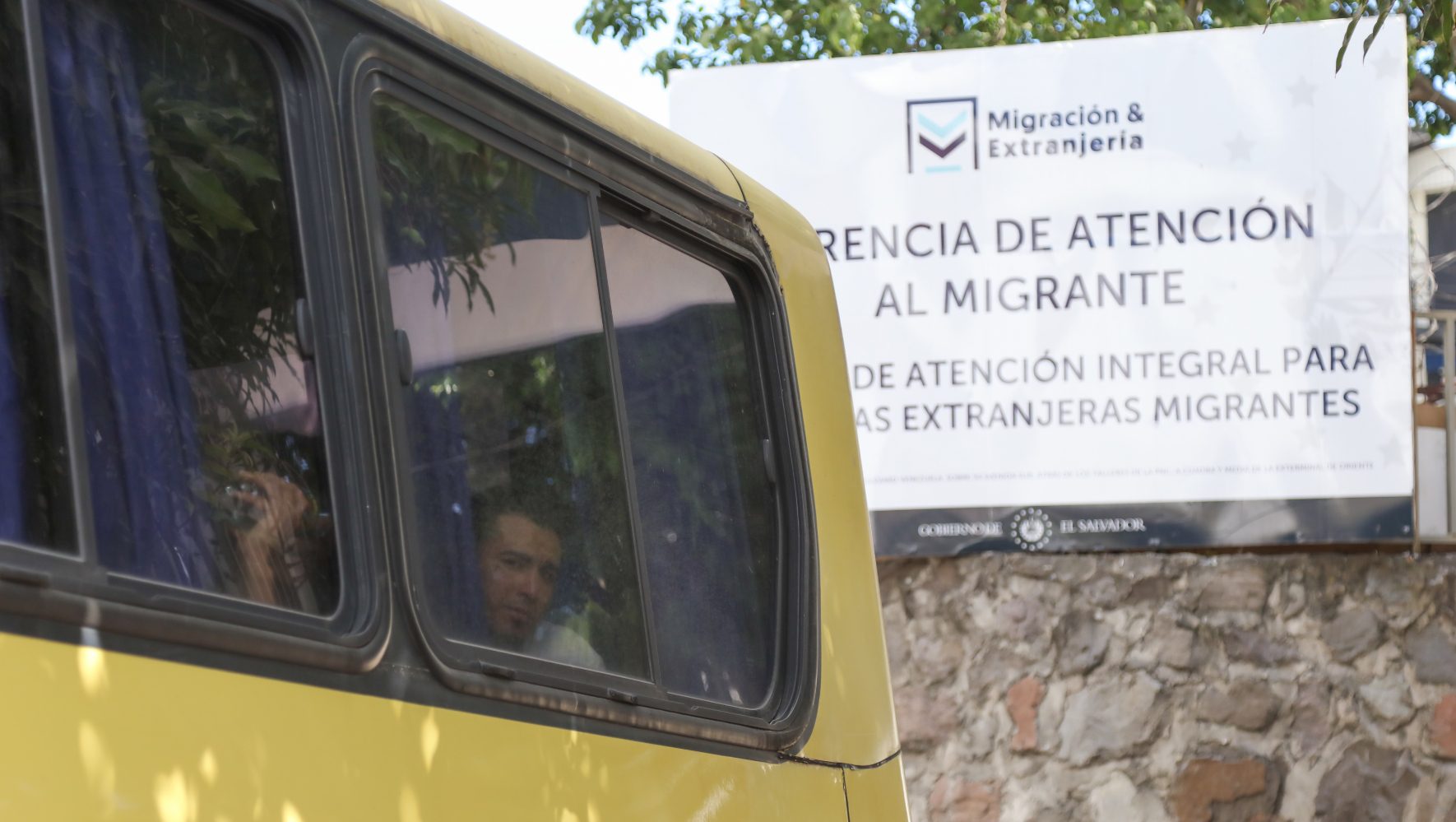Promoting a Pro Bono Culture in Israel
By Sivan Carmel – Director, HIAS Israel
Sep 17, 2015

Sivan Carmel (L) interviews Attorneys Laura Tuell Parcher (C) and Ayelet Golomb-Planer about the benefits of incorporating a pro bono practice at their law firms at a HIAS event in Tel Aviv, September 9, 2015.
(HIAS)
Although it is common practice in the United States for major law firms to do a certain amount of public interest work at no cost, pro bono legal work is still a developing concept in Israel.
On September 9, we held an outreach event in Tel Aviv focused on the benefits of pro bono work to commercial law firms and introduced HIAS Israel's pro bono legal representation program for asylum seekers. Around the tables sat an impressive variety of about 60 guests from leading Israeli law firms, civil society NGOs, the academic world, law clinics, UNHCR, the U.S. Embassy and beyond.
The evening featured an interview with two inspiring women: Laura Tuell Parcher, firm-wide pro bono partner at the global law firm Jones Day, and Ayelet Golomb-Planer, managing partner at the Israeli law firm Agmon & Co., Rosenberg Hacohen & Co. Both head the pro bono practice in their respective law firms and they each explained the benefits that they see for the firm in incorporating a pro bono practice. They were challenged with questions such as: "What are your paying clients' reactions to your firm's pro bono practice?" and "when you consider all the 'non-billable' hours, is pro bono really worth it?"
Golomb-Planer presented a unique model in which not only attorneys, but staff from administrative personnel to senior partners, are encouraged to get involved in work that benefits the community. Parcher spoke of the professional development opportunities that pro bono presents to the firm's young attorneys, and noted that Jones Day's large corporate clients insist on being served by a firm with an extensive pro bono practice.
It was clear to everyone in the room that it will take some time before the pro bono culture in Israel resembles that of the U.S., but also that many firms here do care about this issue and are keen to develop it, as Golomb-Planer said, "in the Israeli way". As HIAS President Mark Hetfield said, “Israel may only be 67 years old, but it has thousands of years of Jewish values to rest on, it has more lawyers per capita than any other country in the world.”
[[{"fid":"1214","view_mode":"default","fields":{"format":"default","field_file_image_alt_text[und][0][value]":"Usumain Baraka, an asylum seeker from Darfur who arrived in Israel as an unaccompanied minor, speaks about the attack of the Janjaweed on his village and the events that led him to flee to Israel.","field_file_image_title_text[und][0][value]":"Usumain Baraka, an asylum seeker from Darfur who arrived in Israel as an unaccompanied minor, speaks about the events that led him to flee to Israel."},"type":"media","field_deltas":{"1":{"format":"default","field_file_image_alt_text[und][0][value]":"Usumain Baraka, an asylum seeker from Darfur who arrived in Israel as an unaccompanied minor, speaks about the attack of the Janjaweed on his village and the events that led him to flee to Israel.","field_file_image_title_text[und][0][value]":"Usumain Baraka, an asylum seeker from Darfur who arrived in Israel as an unaccompanied minor, speaks about the events that led him to flee to Israel."}},"attributes":{"alt":"Usumain Baraka, an asylum seeker from Darfur who arrived in Israel as an unaccompanied minor, speaks about the attack of the Janjaweed on his village and the events that led him to flee to Israel.","title":"Usumain Baraka, an asylum seeker from Darfur who arrived in Israel as an unaccompanied minor, speaks about the events that led him to flee to Israel.","style":"height: 351px; width: 400px; margin: 5px; float: right;","class":"media-element file-default","data-delta":"1"}}]]
Exactly one year ago, HIAS Israel launched a program to train and mentor young Israeli legal professionals as they provide pro bono legal representation for asylum seekers. These ‘Rukin Fellows’ receive one-on-one mentorship in this highly specialized area of law. Many have already begun to represent asylum seekers, and have had legal victories for their clients.
I explained our training and mentorship model, the types of cases we handle, our success stories and the benefits for attorneys who join our program in the context of their professional development. But what I most wanted to share was why we do this kind of work.
We serve some of the most vulnerable clients: women, children, victims of torture, religious persecution and sexual based violence. They desperately need legal representation as they seek protection in Israel. If you join our program you will probably not change the world, but you can make a real difference in the life of one person, of one family.
We also heard from Usumain Baraka, an asylum seeker from Darfur who arrived in Israel as an unaccompanied minor. It was hard to stay dried-eyed as he spoke about the attack of the Janjaweed on his village and the events that led him to flee to Israel. He spoke warmly about the support he receives from HIAS and particularly from Roy Schlaim, the Rukin Fellow who is assisting him in his asylum claim.
As we broke off to dinner, I looked at our guests, engaged in lively conversation around each table – and dared to think that this could be the start of something.


